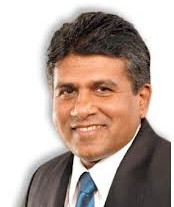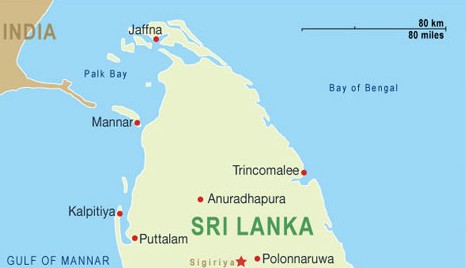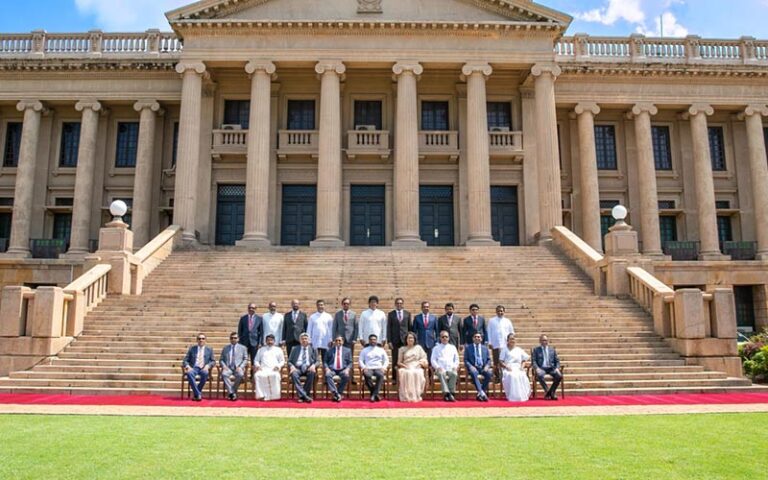 With Sri Lanka aspiring to emerge as a financial hub in the region, the disclosure of personal bank accounts of the country’s first woman Chief Justice Dr Shirani Bandaranayake, to 117 members of Parliament and the media, has dented the country’s credibility to honour and safeguard confidential information.
With Sri Lanka aspiring to emerge as a financial hub in the region, the disclosure of personal bank accounts of the country’s first woman Chief Justice Dr Shirani Bandaranayake, to 117 members of Parliament and the media, has dented the country’s credibility to honour and safeguard confidential information.
President of the Bar Association of Sri Lanka and President’s Counsel Wijayadasa Rajapakshe, told The Island Financial Review yesterday (13) that the release of the accounts and financial statements of the Chief Justice to not only the Parliament Select Committee probing the matter, but to the media as well, was not only unethical but also illegal.
He also said that no personal financial information could be released unless there is a direction from a Competent Court or by the Commissioner General of Inland Revenue.
He also said that it was illegal to release her financial statements which was in the domain of the 117 MPs who were signatories to the Impeachment Motion and long before it entered the Parliamentary Select Committee proceedings.
“Whether the PSC also has the powers of a Court is also in question and that is being debated now,” he added.
Good governance activist Chandra Jayaratne has also raised this issue in an open later to the bankers (see page 8).
Meanwhile, the NDB Bank yesterday defended its decision to release the personal account information of Chief Justice Dr Shirani Bandaranayake to ” authorities” which it refused to name which also received the attention of the mainstream media.
“We did the right thing on the advice of our lawyers and we were correct in our decision where we followed an ethical process,” NDB Bank Director/ CEO Russel De Mel told The Island Financial Review last night
He was responding to a question from this newspaper as to under what circumstances and ethics it released her personal information to “the authorities” due to the widely acknowledged secrecy clause in banking laws that personal account information could not be disclosed publicly.
The Banking Act No. 30 of 1988 specifies that banks have to be strict on the information and the operations of the bank and also its customers, but it could disclose information which is required by a Court of Law by the person or for the person that the information relates to in the performance of their duties and to comply with the provisions of the law.
Asked what or who the “authorities” were and asked whether it was the Parliamentary Select Committee which probed the allegations, he was extremely tightlipped.
“The process is on where the first phase of the Parliamentary Select Committee is over and the second phase where the impeachment will be debated in Parliament will come soon. This is indeed a sensitive issue and we have decided to wait till the dust settles,” De Mel said.
He also said that the Bank had been asked to maintain deft silence on the issue on the advise of lawyers. The name of the NDB Bank had been mentioned in many places and it was best to maintain silence, or else, it could lead to other complications. “There is also a public list where other witnesses have also been called as well which also includes other banks,” he said.
By Ravi Ladduwahetty
Source: Island (Sri Lanka)




